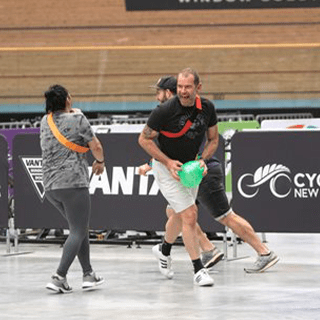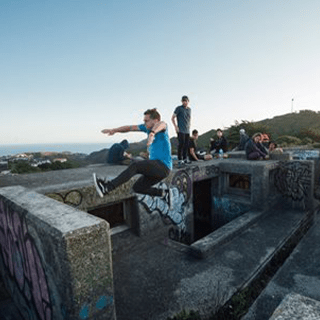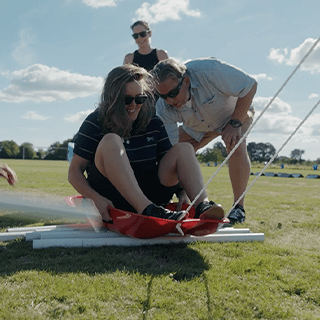The Coaching Challenge
We know that the first two years are the hardest for coaches. For every new coach who enjoys coaching, there are 14 who don’t.

By Jordan Farrington, Sector Capability Advisor – Programmes and Environments
I arrive at the local sports club. It's my first year coaching my daughter's sports team,
My 3-year-old son is with us and running around, juiced up on afternoon snacks. Mum’s battling traffic to get back and pick him up. As I keep one eye on him while setting up cones, one thing crosses my mind: How am I going to meet the expectations of the parents and kids? I already feel as though the parents are judging me.
I know that connection and information sharing are key to meeting the needs of the kids and meeting the expectations of the parents.
But in the first training session for my daughter’s team, I felt as though I missed the chance to gather this information. It was tough to get around all the kids and parents even in the first few weeks to make those crucial connections and ask the right questions to get what I needed for a successful season.
Luckily, having a daughter in the team meant I was able to gain some valuable insight from her on what she wanted out of the experience. For her, it was to have fun with her mates and to feel like she belonged. Knowing this, I was able to understand her needs and intentionally allow time and space for the kids to chill, chat, and connect before, during, and after training. Seeing her emotional and social needs met through physical activity really filled my cup as a coach, but even more so as a parent. Mine and my daughter’s expectations were met!
But how can I, as a coach, help fill as many cups as possible for the parents and kids – including my own?
One of the top challenges for new coaches identified in Sport Waikato’s 2024 Voice of the Coach Survey (VOC) is managing relationships with parents. Negative sideline behaviour, unrealistic expectations about coaching, and a lack of parental support are driving many coaches to step away from their roles, often ending their involvement in volunteering altogether.
We know that the first two years are the hardest for coaches. For every new coach who enjoys coaching, there are 14 who don’t. However, if they persevere through those early years, the outlook improves dramatically - by year three, for every coach who doesn’t enjoy the role, there are seven who do. Clearly, the longer someone coaches, the more they enjoy it.
In the Waikato, 76% of young people play sport to have fun and enjoy social connection and, as parents and coaches, we play a key role to ensure they experience this. As coaches, we volunteer our time in the hopes that we can positively impact tamariki and rangatahi, and provide them with the opportunity to participate and have a positive experience in their chosen sport or activity. But parents, too, have the unique ability to positively influence this experience by helping to support the coach, building stronger relationships, sharing useful insights, showing appreciation, and contributing to team culture.
So, we know that coaches need more support, especially in these first two years if we are to keep them engaged in coaching. Here are some top tips for schools, clubs and supporters to help retain coaches beyond those tricky first years:
- A simple “thank you” or a casual chat can really go a long way in showing them their hard work is appreciated.
- Modelling gratitude in front of the players reinforces a culture of respect and support.
- Parents can help by providing information from themselves and their child on their expectations and how the child would like to spend their training sessions.
- Foster connection and belonging by organising social events, like a team BBQ
We hope that by sharing with people how they can best support coaches, we will begin to see some change in retention rate and that those volunteering their time feel more appreciated and enjoy their coaching journey.
Post note: The Voice of the Coach survey is a cornerstone of our work as Coaching Advisors at Sport Waikato. It provides valuable insight into the experiences of coaches, helping us understand how to retain them and enhance their coaching journeys.
 Jordan Farrington
Jordan Farrington Jordan leads the development of programmes and sporting environments across the Waikato that support positive experiences for people in sport. His work focuses on supporting those who lead and guide the experience - including coaches, parents, and sport and school leaders - to create environments that are inclusive, development-focused, and grounded in play and learning. Alongside the Sport Waikato team, Jordan helps shape programmes and systems that prioritise participation, connection, and holistic development over performance outcomes.


